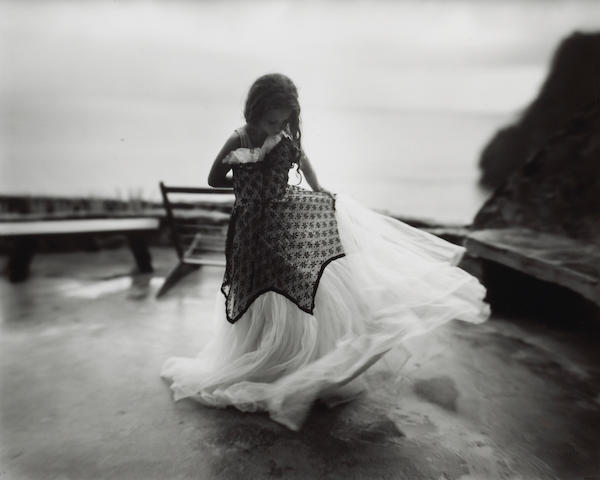Best:
AURORA, "Across the Universe" - I guessed from the vocal style before looking her up that she was Scandinavian.
Skeggs, "Here Comes Your Man" - apart from a drop-in from the Velvets' "I'm Waiting for the Man" at the start, a basically faithful version that plays up the always at least latent surf-rock elements of the original, and a good excuse to revisit a classic song in fresh clothes.
Cosmo's Midnight, "Sing It Back" - it turns out this is one of those songs that's so good that any fairly recognisable version of it can still be good in much the same way as the original, and also that this (Moloko's) might have been a sleeper classic in its own right.
GRAACE, "Complicated" - which is cool and, with its up and down melody, sorta-mournful piano arrangement, folkish flourishes and emotional vocal, would've fit in seamlessly on folklore, which in itself is a pretty cool realisation in a layers-on-layers sort of way. Also, it seems all-caps artist names became fashionable somewhere in the last few years.
SAFIA, "No One Knows" - successfully preserves the QOTSA drama while stripping the song to bare bones.
Jack River, "Truly Madly Deeply" - as I said above, a good and fairly faithful cover of a great song is an excuse to revel in the greatness of that song. What makes this take even better is that Jack River herself is also clearly revelling in what "Truly Madly Deeply" has to offer, most evidently in the liberal use of saxophone.
YUNGBLUD, "I Will Follow You into the Dark" (Death Cab for Cutie) - this is just an all round sweet song.
Thelma Plum, "Young Dumb & Broke" (Khalid) - a chirpy earworm.
Cub Sport, "When the Party's Over" (Billie Eilish) - this one is just a dark star of a song and it's made me properly a bit interested in Eilish for the first time.
BROCKHAMPTON, "Un-thinkable" (Alicia Keys) - soulful.
Ruby Fields, "The Unguarded Moment" - another of those that strongly summons the joys of the original, and in this case hits its pleasure centres if anything more crisply.
Thandi Phoenix, "Glory Box" - which finds the party in this song while remaining true to its spirit.
 Angela Tiatia - "Narcissus", 2019, in which "Behind the kneeling self-absorbed figure of Narcissus, which specifically references Caravaggio's Narcissus, 1597-99, a cast of forty Narcissi performs acts of self-worship, ritual, joy, love, lust, complacency, despair and disregard" in an era of social media - made me think of a more overtly contemporary (albeit with much older reference points) Alex Prager
Angela Tiatia - "Narcissus", 2019, in which "Behind the kneeling self-absorbed figure of Narcissus, which specifically references Caravaggio's Narcissus, 1597-99, a cast of forty Narcissi performs acts of self-worship, ritual, joy, love, lust, complacency, despair and disregard" in an era of social media - made me think of a more overtly contemporary (albeit with much older reference points) Alex Prager































